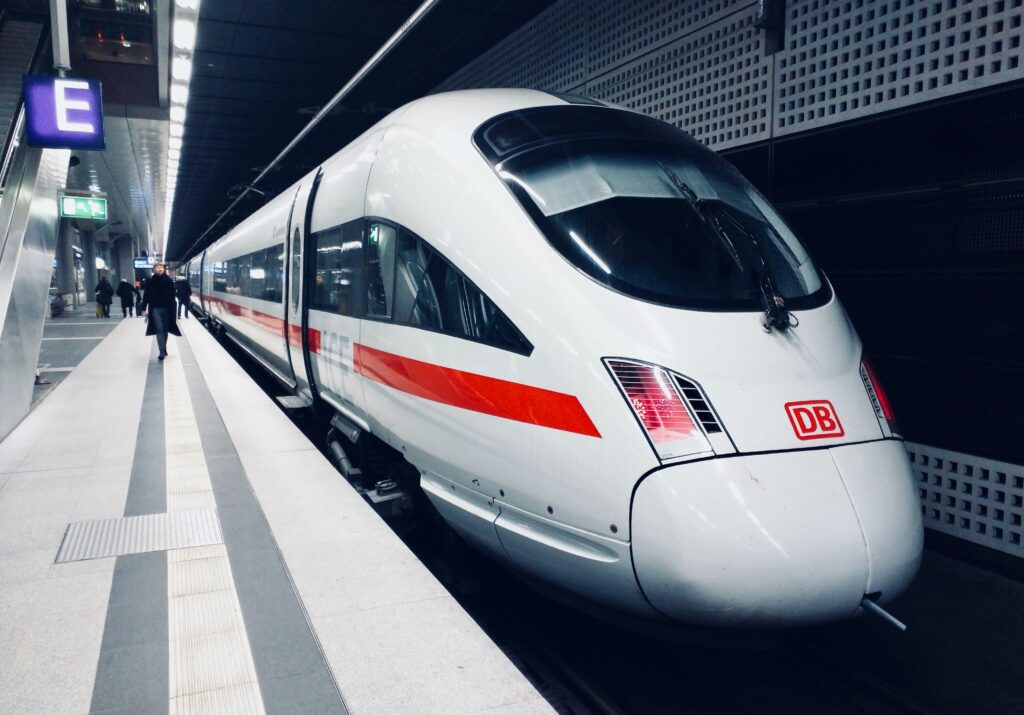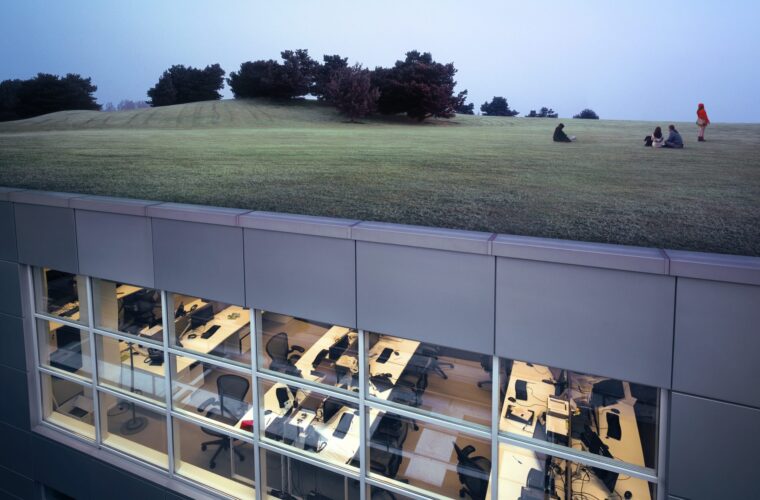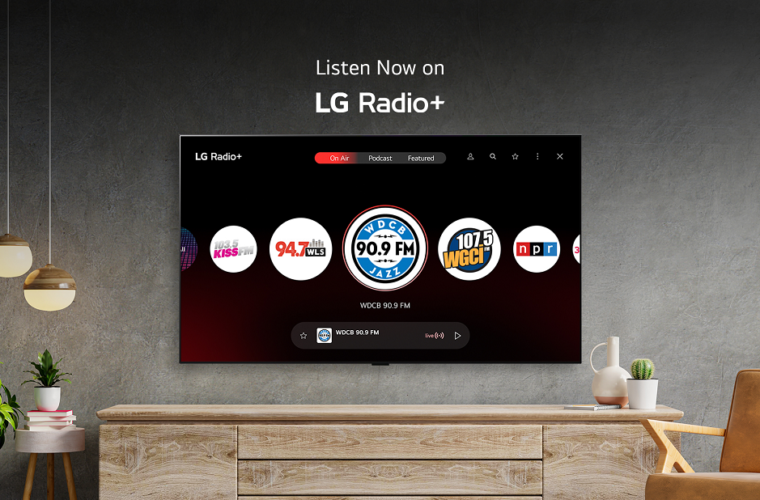European railways: There has been a lot of discussion in Europe recently to make it easier for travellers to use rail services as an alternative to short-haul flights. Recent announcements from airlines on link-ups with train operators indicate they are on board with the idea. Progress is finally being made because of the collaboration between private air companies and rail companies. Progress will only succeed if all stakeholders are willing to contribute.
Reducing emissions through sector collaboration
When Air France unveiled its new ‘Air France ACT‘ CO2 emissions-reduction strategy this year, it listed the development of intermodal transport as one of five priorities. The carrier said it would offer “low-carbon transport alternatives for short-distance journeys, notably within a reinforced partnership between Air France and French state-owned railway company, SNCF”.
The Air France ACT program aims to reduce CO2 emissions per passenger-kilometre by 30% by 2030, compared to 2019. Other priority actions outlined by the carrier include fleet renewal, increased use of sustainable aviation fuel (SAF), eco-piloting techniques, and introducing “a more responsible” catering offer.
The month before Air France’s ACT announcement, its Dutch counterpart KLM agreed with French-Belgian high-speed train operator Thalys to continue developing their joint AirRail product “with a view to making it more appealing to customers”. The partnership covers journeys between Brussels and Amsterdam Schiphol airport. KLM says it is purchasing enough seats on Thalys’ Brussels Midi-Schiphol service to make one of its daily flights between the two cities “redundant”.


Otherwise, in other areas of Europe, Iberia said in March that it was extending its intermodal Train & Fly partnership with Spanish state-owned railway company Renfe to link 14 cities in Spain by rail to its Madrid Barajas hub. One year before this announcement, Lufthansa and German train operator Deutsche Bahn unveiled plans to expand their joint offering with the addition of five cities to be linked by high-speed rail to Frankfurt airport. So, the trend is obvious, train and airline companies are collaborating in order to make it possible for train travel to become much more accessible in Europe and even become the dominant way of travel.
The rise of multimodal transport systems
The airline and rail moves come as the European Union works to create a more efficient “multimodal” transport system, with the aim of shifting more passengers and freight to rail and inland waterways as part of its efforts to cut transport emissions.
In December, The European Commission proposed revising the trans-European transport network. Among the proposals, says the Commission, is a plan to “ensure strengthening of air-rail connectivity for all core EU airports and EU airports above 4 million passengers”. The aim is to “support and promote air-rail multimodal journeys on routes where the suitable infrastructure is in place to deliver such services and assess regulatory options to facilitate such multimodal services”.
Public awareness is rising
“Awareness of the carbon footprint of travel is at an all-time high, and as business travel starts to resume in high numbers again, we have the ideal opportunity to encourage a significant change in travel habits,” says Liz Emmott, global distribution director for Trainline Partner Solutions. “The decision is no longer about price alone, but also how travel is contributing to companies’ net-zero commitments. By making sure rail options are readily available and attractive, we have a great opportunity to support the switch to rail.”
As people look to reduce the carbon footprint of their trips by opting for greener modes of transport, rail travel will become increasingly popular, and for a good reason. Europe’s biggest rail app, Trainline, released a sustainable travel report in partnership with Travelport to coincide with Earth Day last month, stating this era as “the rise of rail”. Europe is relatively small, and if countries such as China and Japan can achieve such high-speed rail services, then surely Europe can do the same.



